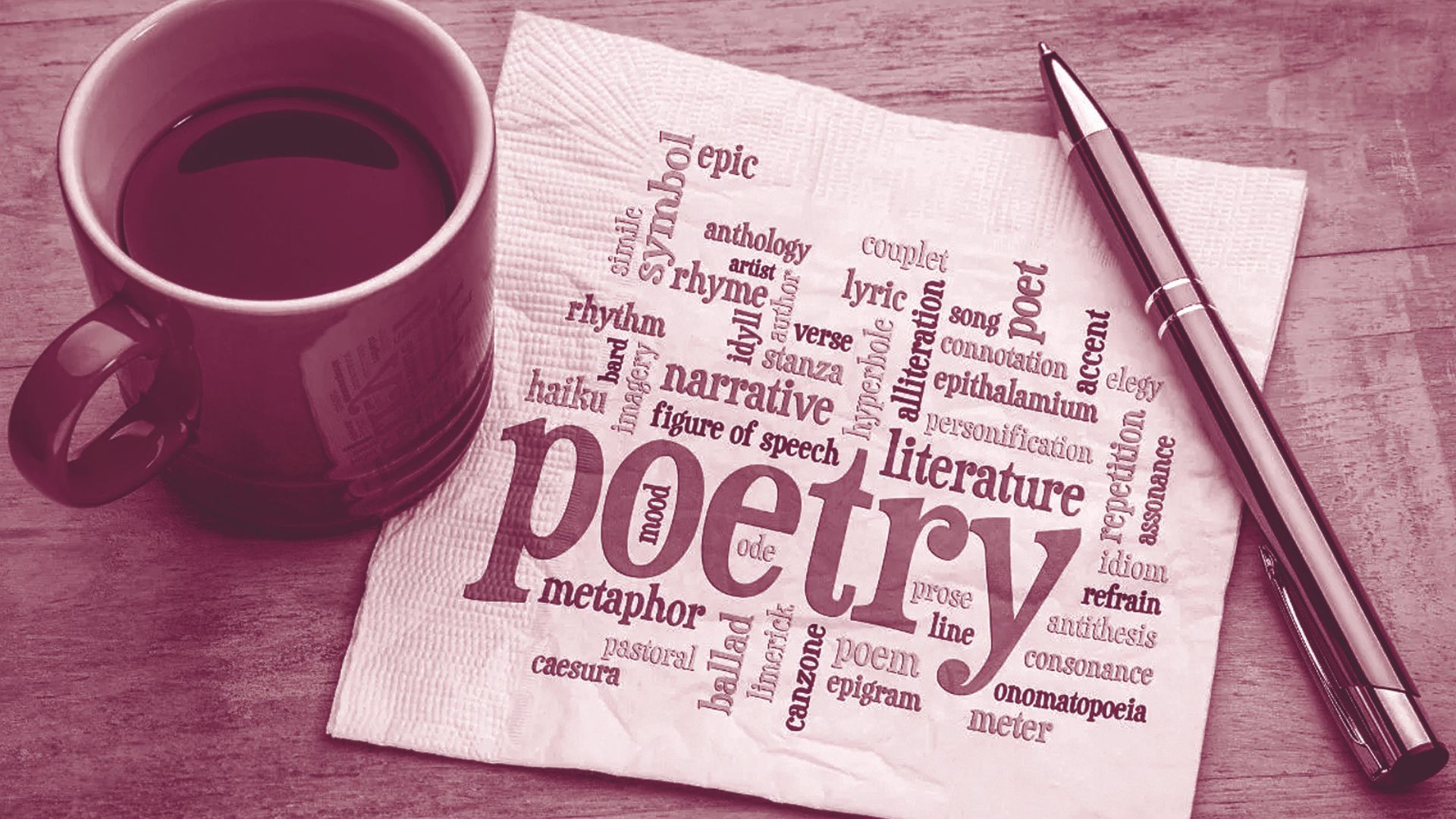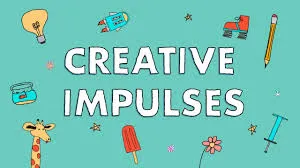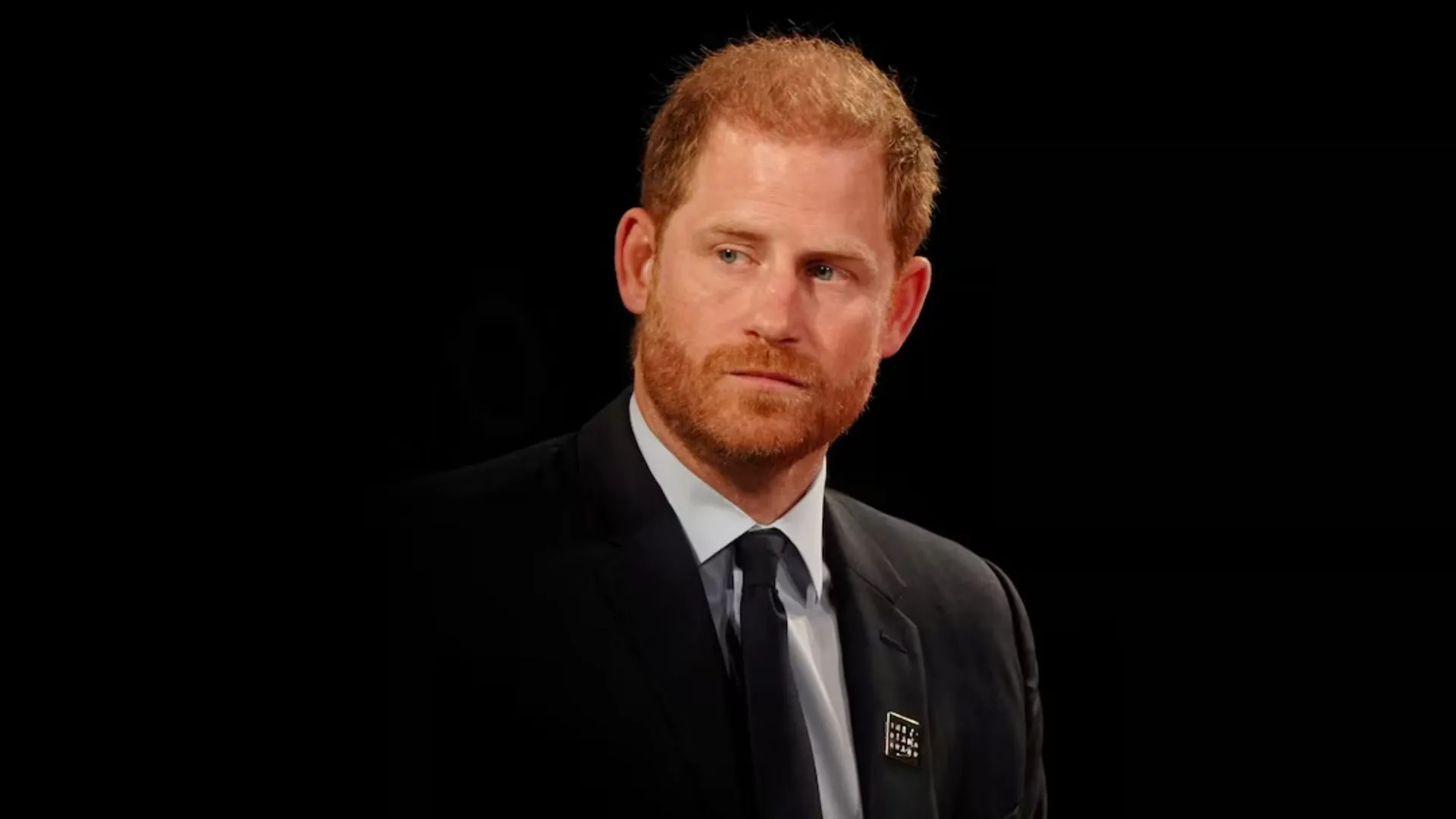While writing on the creation of poetry, I am sceptical of starting with the words: The Theory of Poetry although these terms are used on a large scale in the Universities and Institutions where poetry is being taught as a subject. It is believed that text is an independent entity, having least to do with the poet. But, I approach a poem as a living entity and believe that it has several things in its DNA.
The text lingers not only in our mouths, but also in our ears, our minds, our reactions, and affects our thought process also. Writings which make no difference to our thought process, are platform thrillers, which we read during the travel, and forget on the seat, while leaving the compartment.
There can be theories about the appreciation of poetry, but there cannot be any theory about the creation of poetry. And these theories too tend to lose their gospelian power as times change. The poets have never worked on any theory although they were conscious of the dominant trends in poetic creation. I strongly believe that poetry came first, and it was only later that they looked into their poems and tried to find out how they were different from the poetry of the previous times.
We often say the Romantic Poetry has five Ms: Music, Mystery, Melancholy, Melody and Magic. Do you think that poets like William Wordsworth and Coleridge had kept these M’s in containers and then injected these elements into their poetry consciously? Did they pour some melancholy into it, some mystery so that it looks romantic? It is no surprise that the first poet who used the term Romantic was not William Wordsworth or Coleridge. Preface to Lyrical Ballads does not mention this word. Rather a contemporary German poet, Friedrich Schlegel has used this term for them for the first time.
Wordsworth in Our Times
However, time corrodes these theories, which once appeared like gospels. We sacred even today William Wordsworth’s oft quoted words that ‘poetry is the spontaneous overflow of a powerful feeling’. Up to this point, I can agree, but the next part of the statement outrages the spirit of our times. The thought of ‘emotions recollected in tranquility’ sends us into a trance, a mental space where we compose poetry in ideal conditions. If we apply this yardstick of tranquility to contemporary world, I wonder if anyone can write any poem. Because, what we have finally lost is: a tranquil mind. We have to compose poetry while we are travelling to our work station in buses and metros. We have lost original joy which came from original engagement with original objects of nature. Now, everything is stale.
Our times and the time-tested Wisdom
This fast-paced life has made even wisdom quotes stand on their head and inadequate to express the contemporary wisdom. As times change, the wisdom of olden times needs to be amended, rather upgraded. ‘Truth is the best policy’. Follow it, and you go to dogs. Our times in which morals and ethics stand diluted, demand that we find out values which stand between truth and falsehood, such as half-truths, versions of truth which suit different people at different times. God no longer remains One. Each one of us carries a different version of the ultimate Being. ‘He cannot make both ends meet’ talks of a time when life had two ends only, life and death. Now, life is multi-layered and multi-ended. And this quote needs to be amended like this: ‘He cannot make the multi-ends meet’.
A time tested quote from Shakespeare, ‘To be or not to be’ cannot ideally represent a world in which binaries have lost their borders. To be or not to be appears to represent a mind divided between two options: right and wrong. Just as truth has lost its chastity, right has also lost its virginity and exclusivity. Even the characters like Lear and Macbeth are too complex to be put into this division of to be or not to be. Ours is a world in which between to be and not to be, there are a thousand layers of compromise. We can look at ourselves. We have never brought ourselves face to face with such binary opposites. We prefer to keep alive, survive, and for survival, we cannot accept such self-defeating propositions.
What the masters said, obviously it is masterly and they told most of the truth. Yet, there is nothing final in the ever changing and evolving world. Is man the same he was in 16th century? Definitions go on changing, and we must accommodate the change, if we want to remain true to our times.
Finally, it can be concluded that poetry is a matter of passion. And, a poet does not look around to see whether he belongs to one denomination or another. He simply writes poetry, and leaves it to the critical squad to classify it. No single definition can comprehend in its entirety the idea of creation, which varies with men. Poetry is the legacy of time, but it still remains an individual enterprise. There can be theories about poetry, so that it could be understood as an objective art, but no theory can tell how a poet should create poetry. I wonder if a poet will accept any sort of discipline on his creative prowess. There is only one thing that is divine in man, and it is his creative imagination. This domain cannot be given over to theorists.
The author won the Serbian Award Charter of Morava and his name appears on the Poets’ Rock in Serbia.























